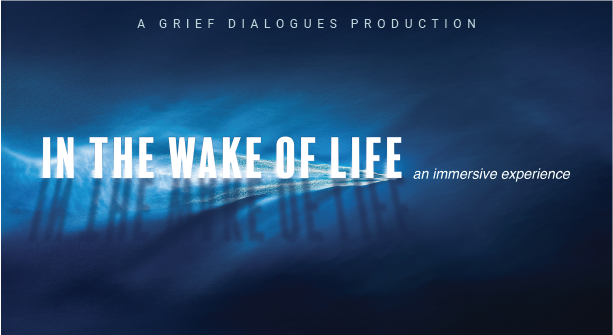After re-reading Jami Berhard’s story What Sisters Don’t Say on our Stories page, I was reminded of the power of sharing a story that helps us through our grief. In the wake of loss, we often find ourselves grasping for something to hold onto—an explanation, a memory, a sense of order. Grief is disorienting. It defies timelines and logic. But one of the most powerful tools we have to navigate its winding path is storytelling.
Whether spoken aloud, written down, or quietly reflected upon, storytelling is more than just remembering—it’s an act of connection, healing, and transformation. At Grief Dialogues, we believe storytelling is at the heart of how we process grief. Here’s why it matters so deeply:
1. Storytelling Gives Shape to the Chaos
When we lose someone, our internal world can feel shattered. Storytelling allows us to begin piecing it back together. It offers structure to our pain—a beginning and middle, even if there’s no neat end. Telling our story helps us make sense of our emotions, even if we can’t make sense of the loss itself.
2. It Preserves Memory and Connection
Each story we share becomes a thread that keeps our loved ones close. Talking about the people or pets we’ve lost helps carry their legacy forward. Their quirks, values, and voices live on in the stories we tell—reminders that love doesn’t end with death.
3. It Validates the Griever’s Experience
There is no “right” way to grieve, but sharing our stories allows others to see and affirm our emotional truth. It breaks the silence that often surrounds grief and gives us permission to feel, speak, and be witnessed. In that validation, we begin to heal.
4. It Builds Empathy and Community
Grief can be isolating, but storytelling opens the door to connection. When we hear someone else’s story of loss, we often recognize something of our own. It’s a powerful reminder: I am not alone. Through shared stories, we build bridges of compassion and belonging.
5. It Facilitates Emotional Release
Sometimes, the act of naming what we feel is enough to loosen its grip. Storytelling allows us to externalize grief, moving it from the inside out. Whether in journals, plays, conversations, or ceremonies, our stories offer a safe container for pain—and sometimes, for unexpected joy.
6. It Transforms Grief into Meaning
Out of our deepest sorrow, beauty can emerge. Storytelling transforms grief into something purposeful. It can inspire advocacy, fuel creative work, comfort others, or simply bring a moment of clarity. In telling our stories, we don’t just remember the ones we’ve lost—we begin to reshape who we are becoming.
At Grief Dialogues, we’ve seen again and again how storytelling helps people navigate grief with courage, honesty, and hope. Every voice matters. Every story counts.
Share Your Story
We invite you to submit your own grief story to the Grief Dialogues Stories page. Whether it’s a personal essay, poem, or reflection, your words may help someone else feel seen and supported.
But before you submit your story, visit the site, read what writers have been shared, then click on Share Your Story. If you prefer to remain anonymous, just let us know.
When we speak our grief, we begin to carry it differently—and together.






